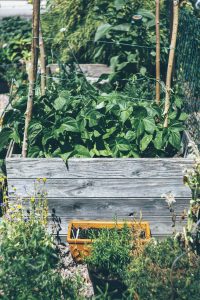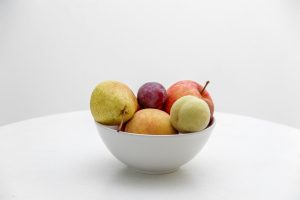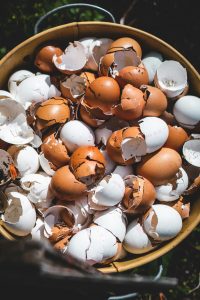In our quest to cultivate the most bountiful gardens and enrich our plates with delicious, nutritious food, we often look for the best seeds to plant. “What Are The Benefits Of Heirloom Seeds?” explores the unique advantages of choosing heirloom seeds for our gardening endeavors. These seeds, passed down through generations, offer not only a taste of history but also a treasure trove of benefits such as greater biodiversity, superior flavor, and the preservation of unique plant varieties. By embracing heirloom seeds, we not only nurture our gardens but also play a role in conserving horticultural heritage for future generations. Have you ever wondered what makes heirloom seeds so special? We hear the term thrown around a lot in gardening and farming circles, but what does it really mean, and what benefits do these seeds offer? Let’s dive into the world of heirloom seeds and explore how they could revolutionize our approach to gardening and eating.
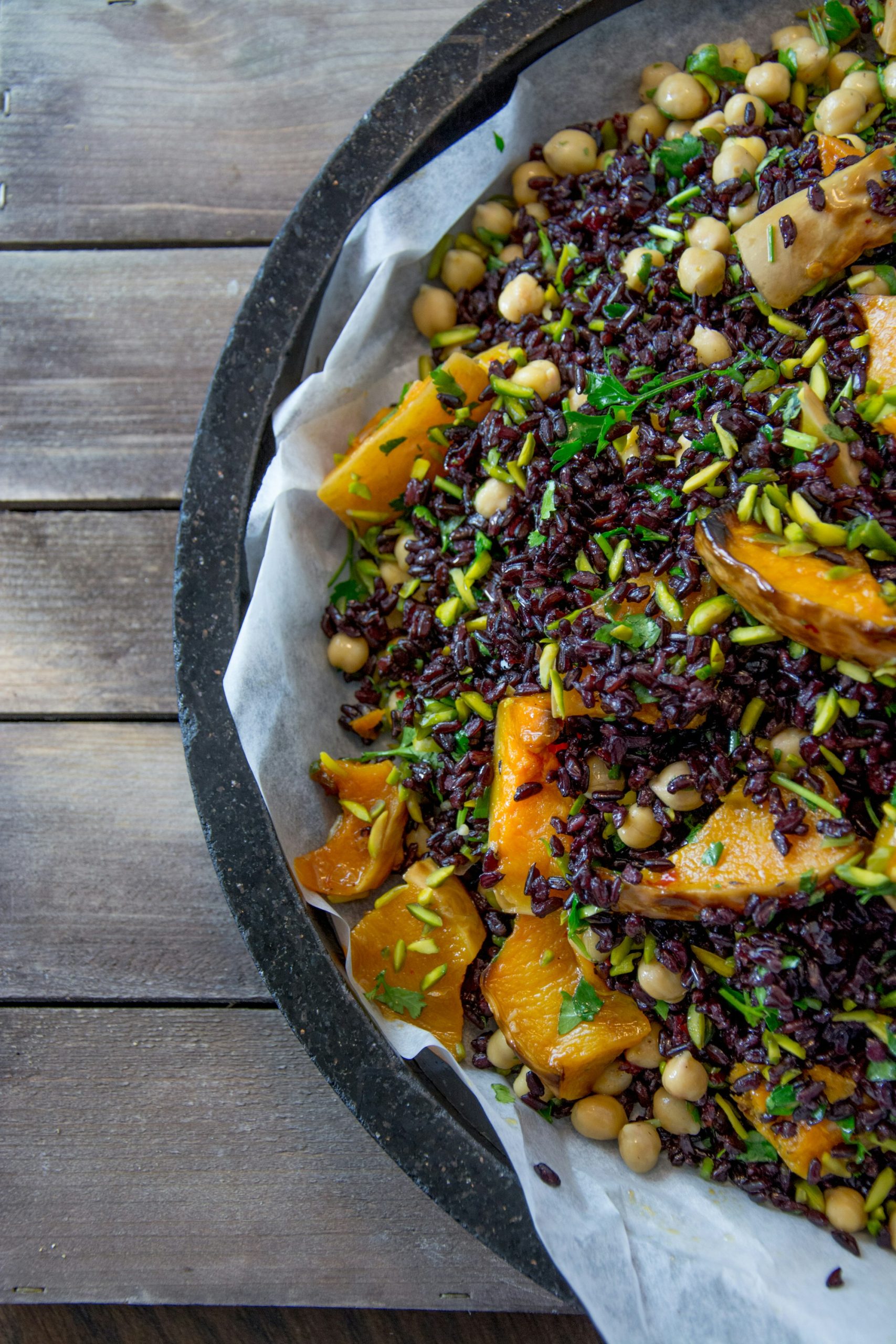
Understanding Heirloom Seeds
What Are Heirloom Seeds?
Heirloom seeds are seeds from plant varieties that have been passed down through several generations, often over 50 years or more. Unlike hybrid or genetically modified seeds, heirloom seeds remain true to type, meaning the plants they produce maintain consistent qualities year after year.
A Brief History of Heirloom Seeds
These seeds carry stories and traditions within their genetic material. They have been carefully preserved and shared among gardeners and farmers, often within specific families or communities. Heirloom seeds represent a living piece of agricultural history.
The Unique Characteristics of Heirloom Seeds
Genetic Diversity
One of the most significant advantages of heirloom seeds is their genetic diversity. This diversity can make plants more resilient to pests, diseases, and changing climate conditions. Diverse genetics also mean a broader range of flavors, colors, and textures, offering us a more varied and interesting diet.
Stability and Reliability
Since heirloom seeds are open-pollinated, they produce plants that are stable and consistent. Unlike hybrid seeds, which often produce plants with unpredictable qualities, heirlooms provide reliable results year after year. This makes them a favorite among seasoned gardeners.
Environmental Benefits
Reduction of Chemical Use
Heirloom plants often have natural resistance to certain pests and diseases, reducing the need for chemical pesticides and herbicides. This benefits not only our health but also the environment by decreasing the chemical load on our ecosystems.
Promoting Soil Health
Because heirloom varieties have been adapted to grow without the heavy support of chemical fertilizers, they often encourage the use of organic and sustainable farming practices. This promotes healthier soil, which is crucial for long-term agricultural success.
Health Benefits
Nutritional Value
Many heirloom varieties offer superior nutritional value compared to their modern counterparts. For example, heirloom tomatoes often have higher levels of vitamins and antioxidants. Consuming a diet rich in heirloom produce can contribute to better overall health.
Flavor and Quality
Heirloom seeds produce fruits and vegetables that are often considered to be more flavorful than commercial varieties. The rich, complex flavors of heirloom produce come from their diverse genetics, and many chefs and home cooks prefer them for this reason.
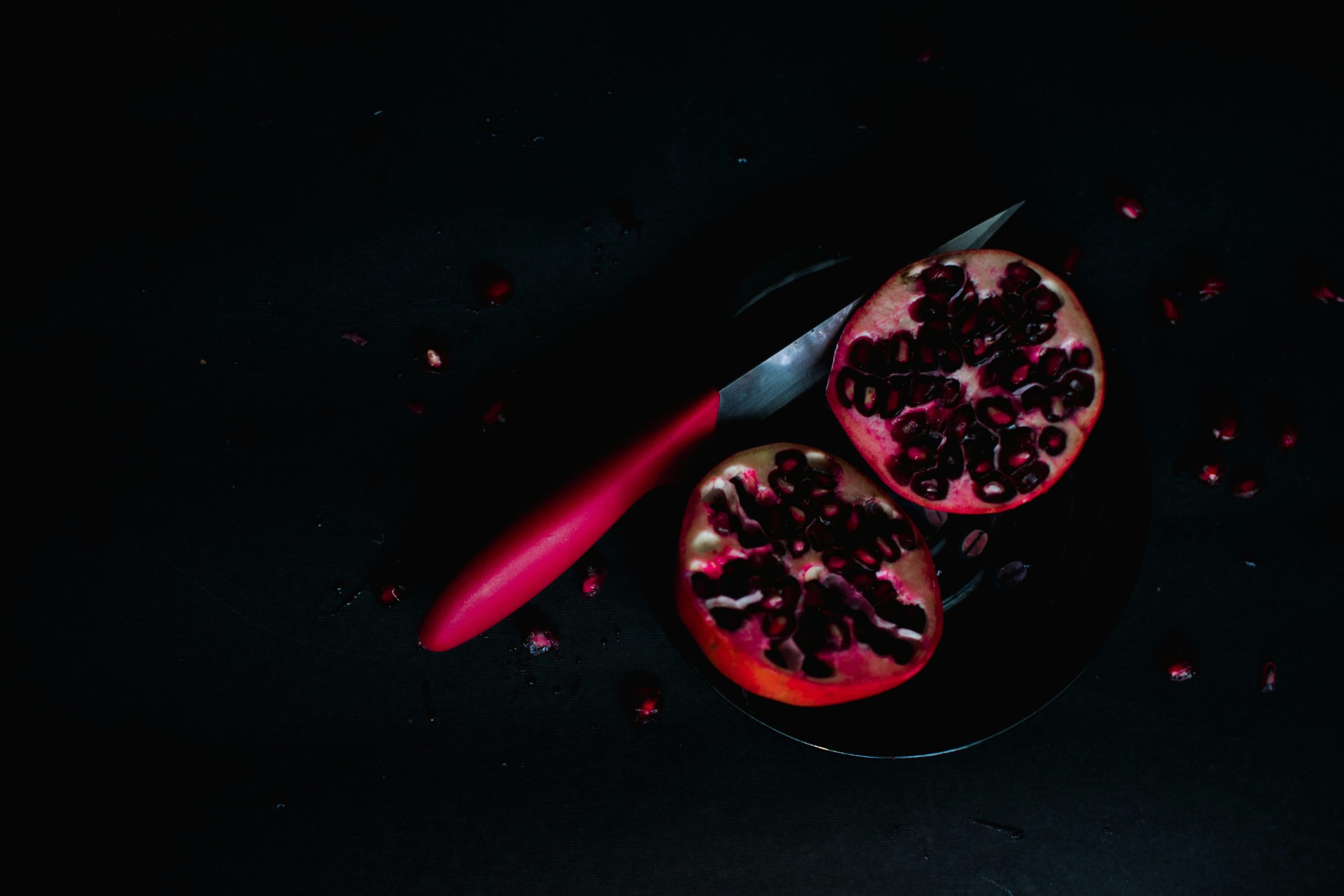
Economic Benefits for Small Farmers
Market Demand
There is a growing consumer demand for heirloom varieties, driven by an interest in health, sustainability, and unique flavors. Small farmers who grow heirloom crops can tap into this niche market, often commanding higher prices for their produce.
Seed Saving and Cost-Saving
Heirloom seeds give farmers the ability to save seeds from their crops, reducing the need to purchase new seeds each season. This practice can lead to significant cost savings over time and promote self-sufficiency.
Cultural and Heritage Values
Preservation of Traditions
Growing heirloom seeds helps preserve agricultural traditions and heritage. These seeds often have stories and histories attached to them, connecting us to our ancestors and the ways they cultivated the land.
Community Building
Sharing and exchanging heirloom seeds can foster community connections. Many seed-saving networks and organizations promote the sharing of heirloom seeds, which strengthens community bonds and encourages the exchange of knowledge and skills.
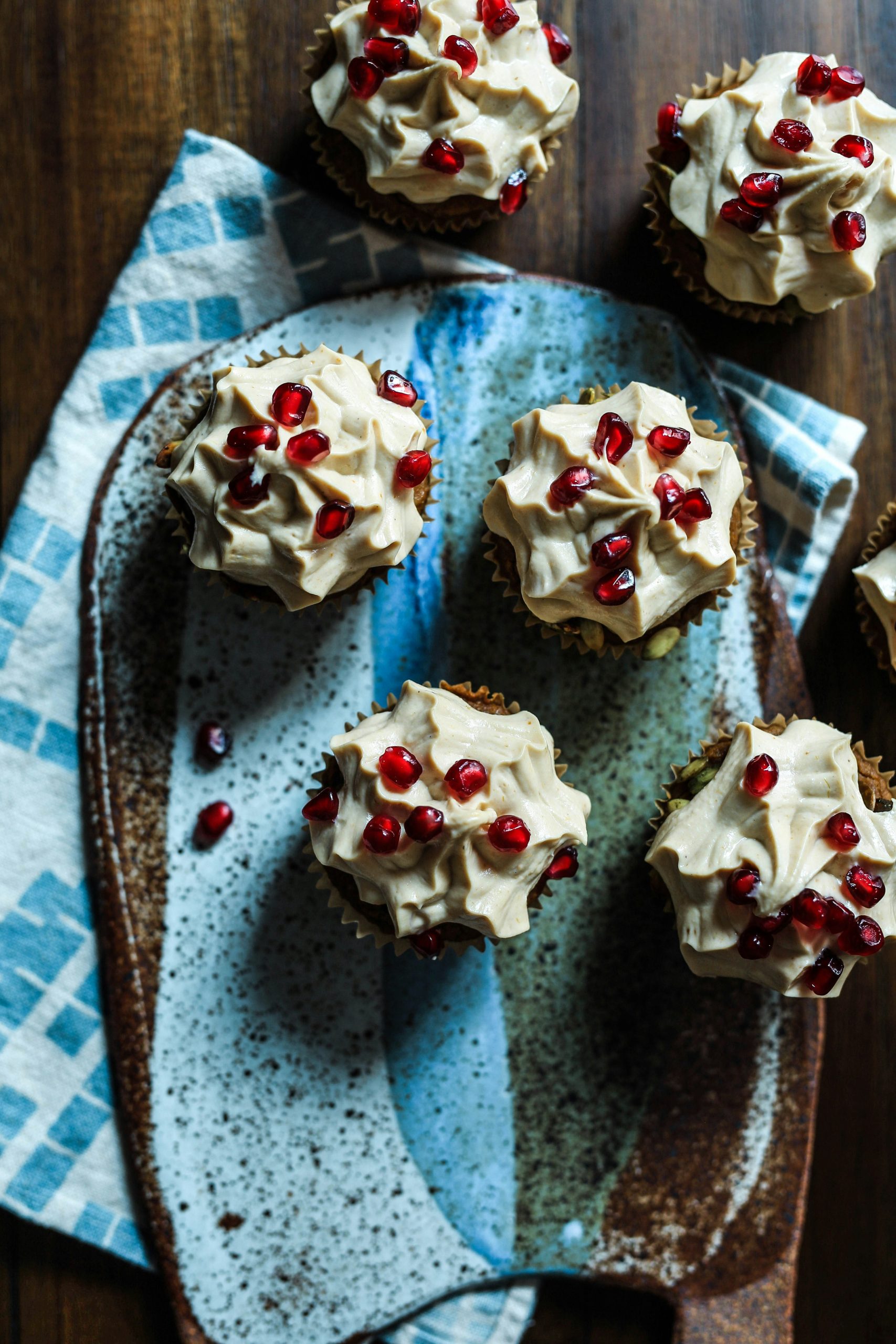
The Potential Challenges of Heirloom Seeds
Limited Availability
Not all heirloom seeds are readily available, and some varieties may be harder to find. This can be a barrier for gardeners and farmers who want to diversify their crops with heirloom varieties.
Growing Conditions
Since heirloom varieties have not been bred for the uniformity and tough growing conditions like commercial hybrids, they may require more specific growing conditions and care. This can be a challenge for gardeners who are used to the hardiness of hybrid varieties.
Seed Viability
Heirloom seeds must be carefully stored to maintain their viability over time. Proper storage conditions, such as a cool, dry environment, are essential to ensure seeds germinate successfully when the time comes to plant them.
Table: Comparing Heirloom Seeds vs. Hybrid Seeds
| Characteristic | Heirloom Seeds | Hybrid Seeds |
|---|---|---|
| Genetic Diversity | High | Low |
| Stability of Traits | Stable | Unstable |
| Chemical Dependency | Low | High |
| Nutritional Value | Often Higher | Variable |
| Flavor | Rich and Complex | Often Blended |
| Cost of Seeds | Initially Higher, but Reusable | Lower, but Need to Repurchase Annually |
| Availability | Sometimes Limited | Typically Widely Available |
| Growing Conditions | May Require Specific Conditions | Generally Hardy and Uniform |
| Seed Viability | Requires Careful Storage | Generally Stable with Commercial Packaging |
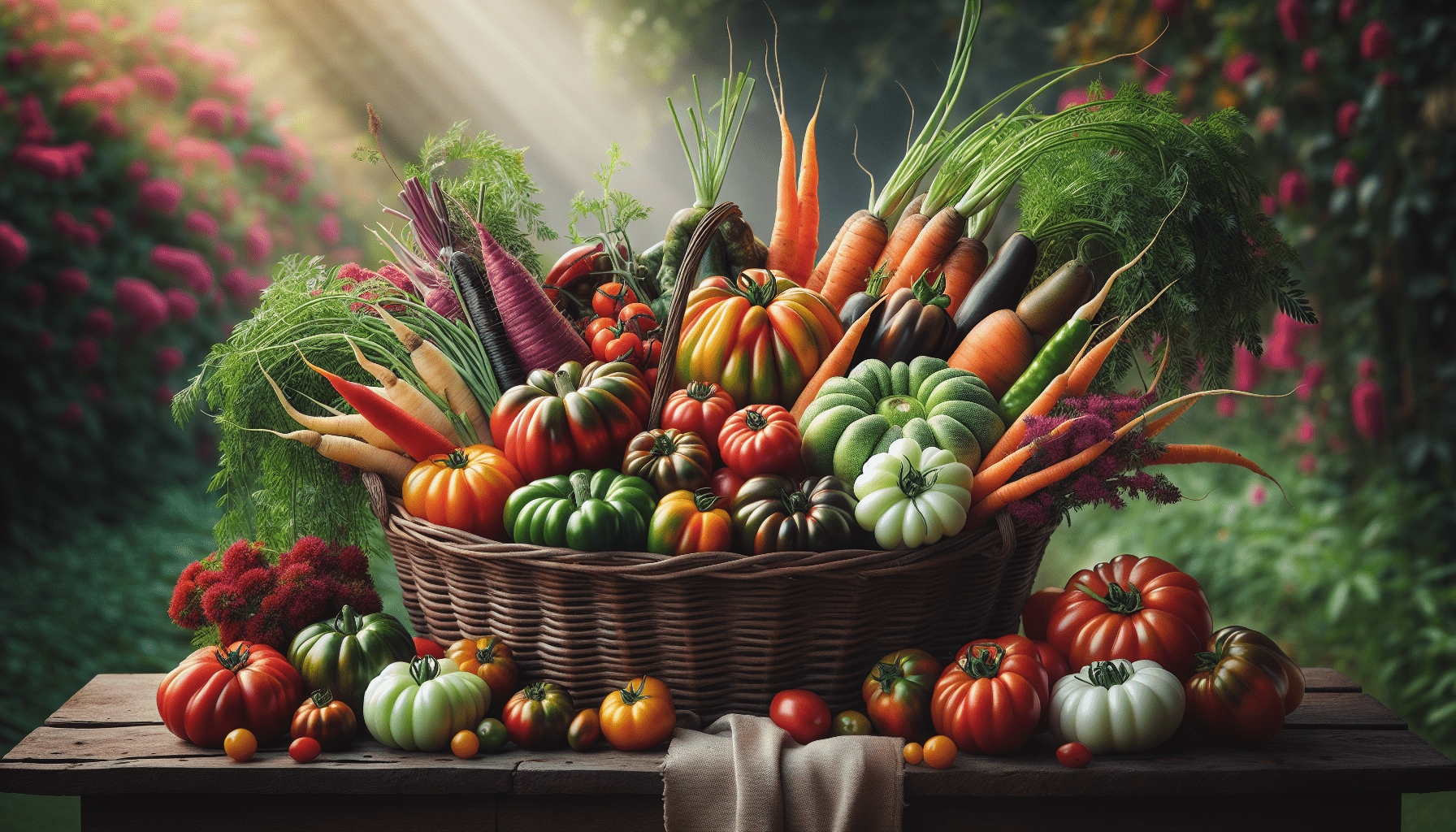
How to Start Growing Heirloom Seeds
Interested in starting your own heirloom garden? Here’s how we can get started:
Selecting Varieties
First, we should decide on the varieties we want to grow. Consider factors like our climate, available space, and personal preferences. Research different heirloom varieties to find ones that suit our needs.
Finding a Reliable Source
Look for reputable seed companies or local exchanges that offer heirloom seeds. Many online resources and local gardening groups can provide high-quality, genuine heirloom seeds.
Preparing the Soil
Since heirloom plants often thrive without excessive chemicals, we should focus on preparing rich, organic soil. Composting and organic fertilizers can help create an ideal growing environment.
Planting and Care
Follow specific planting instructions for each variety, paying attention to factors like spacing, sunlight, and watering needs. Regularly check our plants for pests and diseases, using organic methods to maintain plant health.
Harvesting and Seed Saving
Once our heirloom crops are ready to harvest, we can start thinking about saving seeds for the next season. Properly clean and dry seeds, then store them in a cool, dry place until it’s time to plant again.
The Future of Heirloom Seeds
As we continue to face global challenges such as climate change, food insecurity, and loss of biodiversity, heirloom seeds represent a valuable resource. Their resilience, diversity, and rich history make them an essential component of sustainable agricultural practices.
Supporting Heirloom Seed Conservation
We can support the conservation of heirloom seeds through seed-saving initiatives, supporting local farmers, and advocating for sustainable agriculture. By doing so, we help ensure that these precious genetic resources are preserved for future generations.
Educating Others
Spreading the word about the benefits of heirloom seeds is also crucial. Whether through community workshops, social media, or conversations with friends and family, we can raise awareness and encourage more people to embrace heirloom gardening.
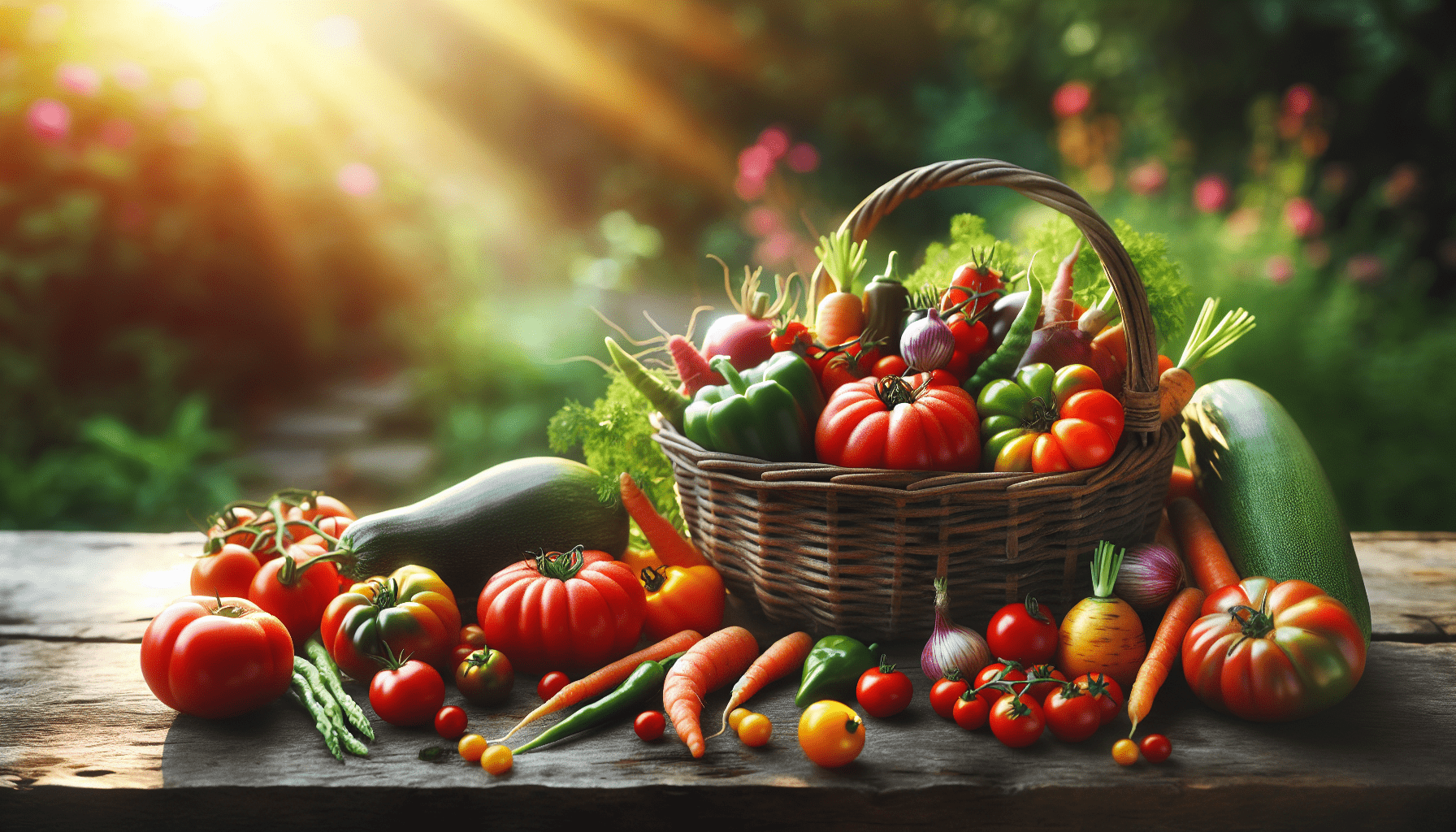
Frequently Asked Questions
What Makes a Seed an Heirloom?
Heirloom seeds are defined by their long history of cultivation, often passed down through generations, and are open-pollinated, meaning they produce plants consistent in characteristics with their parent plant.
Can I Save Seeds from Heirloom Plants?
Absolutely! One of the primary benefits of heirloom seeds is their ability to be saved and replanted year after year, maintaining the plant’s genetic traits.
Are Heirloom Seeds Harder to Grow?
While heirloom plants can sometimes require more specific growing conditions, they also often have natural resistances and strengths that can make them easier to grow organically.
How Do Heirlooms Contribute to Biodiversity?
Heirloom seeds contribute to biodiversity by preserving a wide range of plant genetics, offering resilience against pests, diseases, and changing climate conditions.
Where Can I Buy Heirloom Seeds?
Heirloom seeds can be purchased from specialized online seed companies, local nurseries, farmers’ markets, or seed-saving organizations.
Conclusion
Heirloom seeds offer a myriad of benefits, from enhanced flavor and nutritional value to environmental sustainability and economic advantages for small farmers. By embracing heirloom gardening, we not only enjoy superior produce but also contribute to preserving our agricultural heritage and promoting biodiversity. As we move forward, the importance of heirloom seeds will only grow, making them a vital component of our gardening and farming practices. Let’s explore, plant, and share the living treasures that are heirloom seeds, ensuring they continue to thrive for generations to come.

